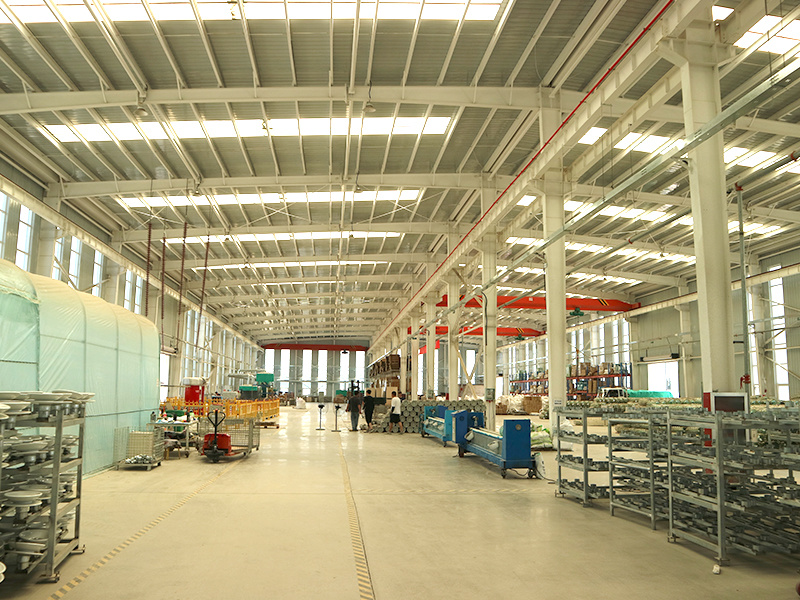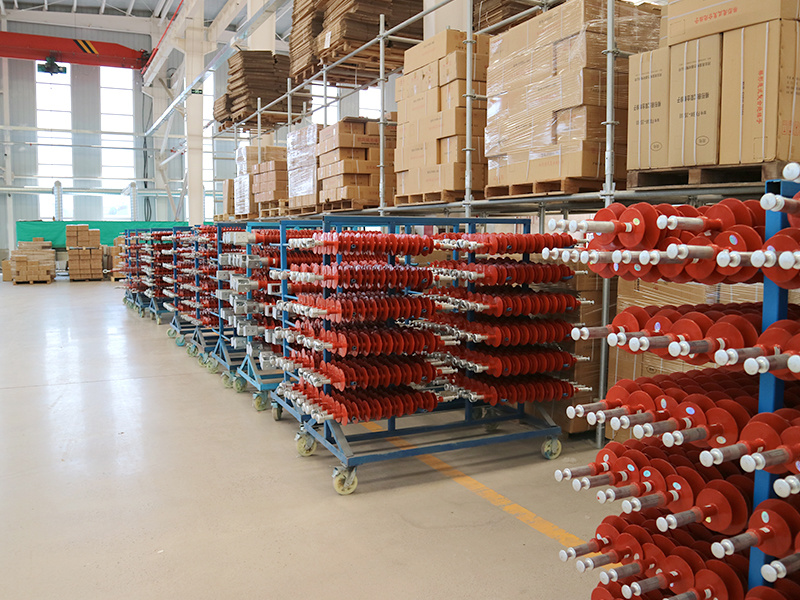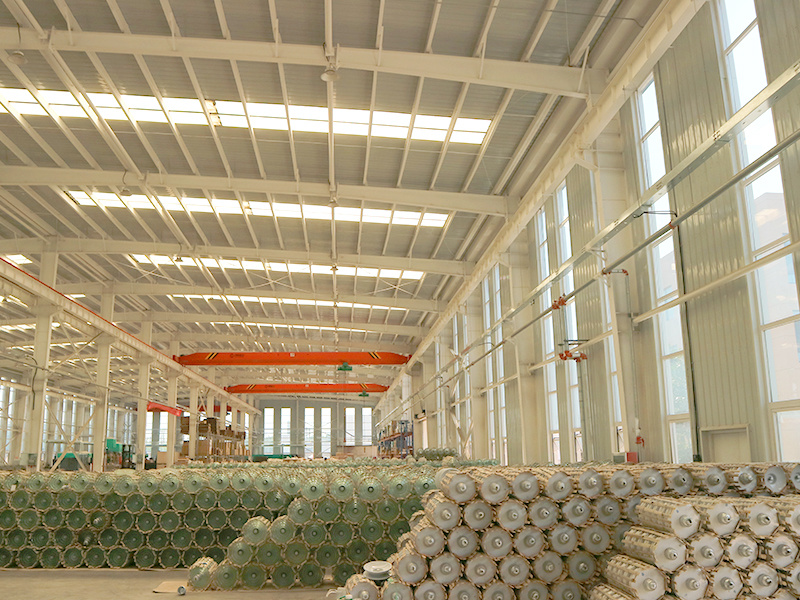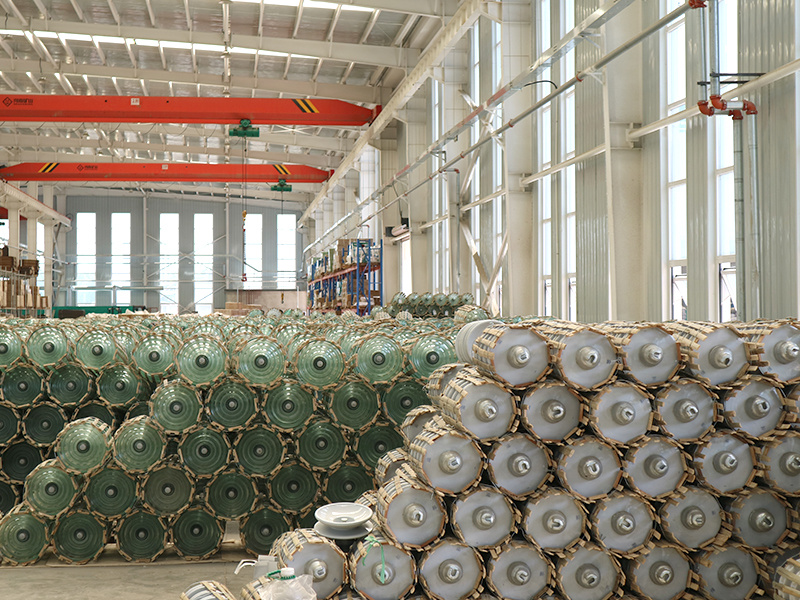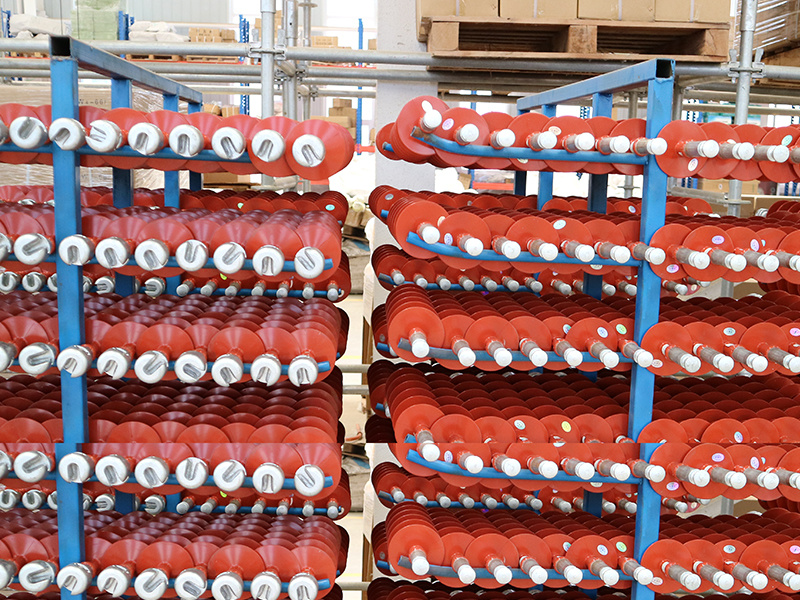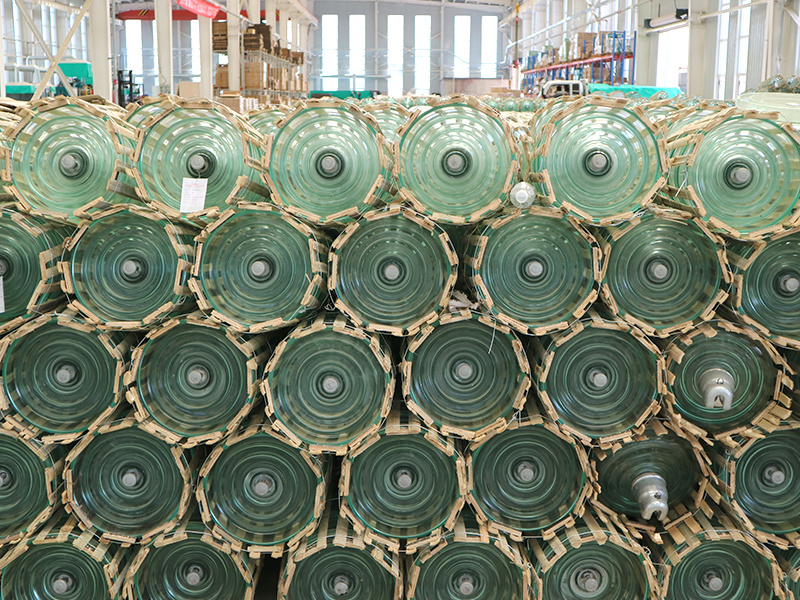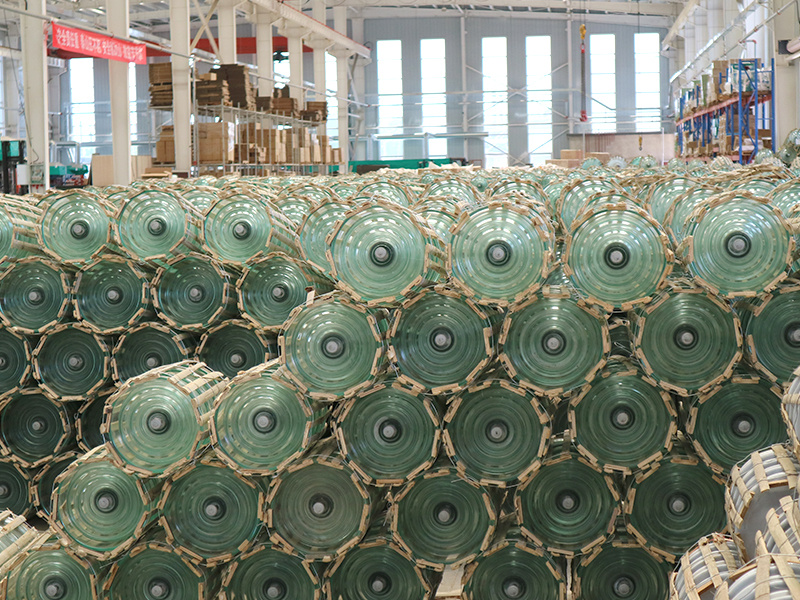2025-07-08
Ceramic insulators are insulators made of ceramic materials such as alumina.
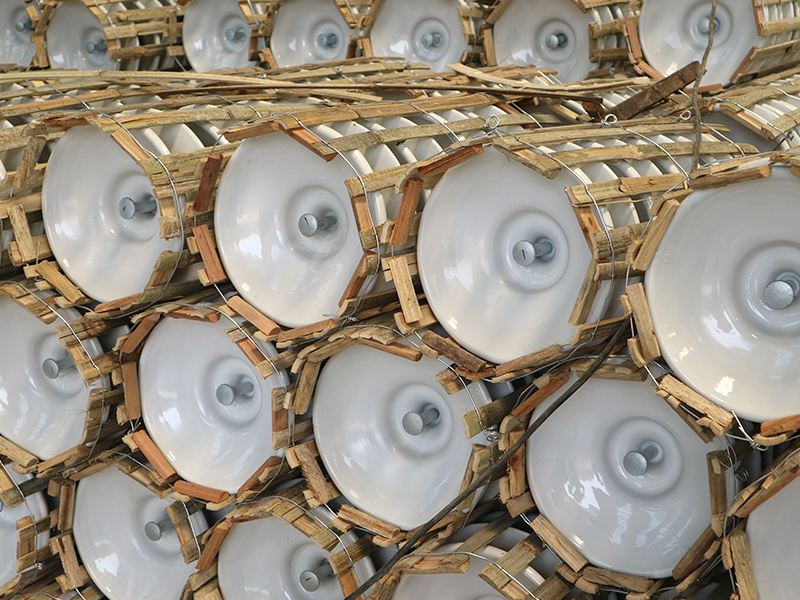
2025-07-08
Structure and Characteristics of Needle Insulators
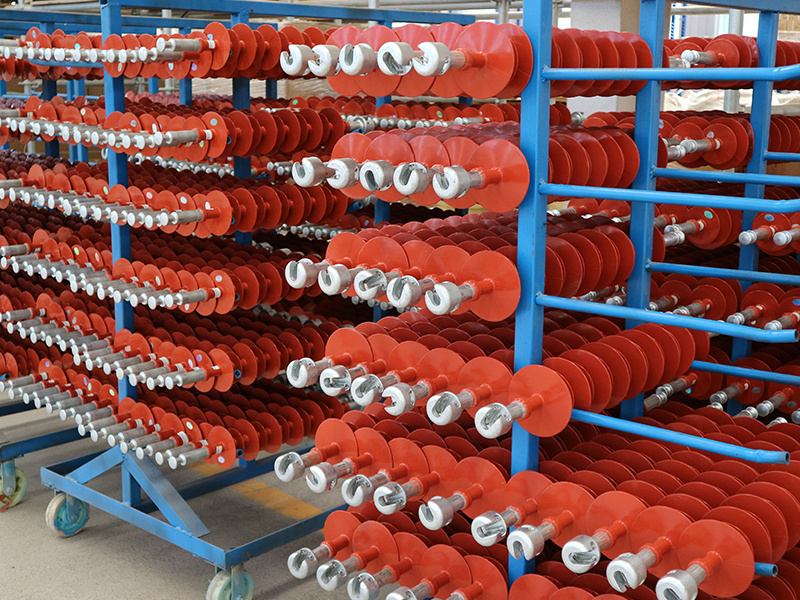
2025-07-08
Performance advantages of glass insulators
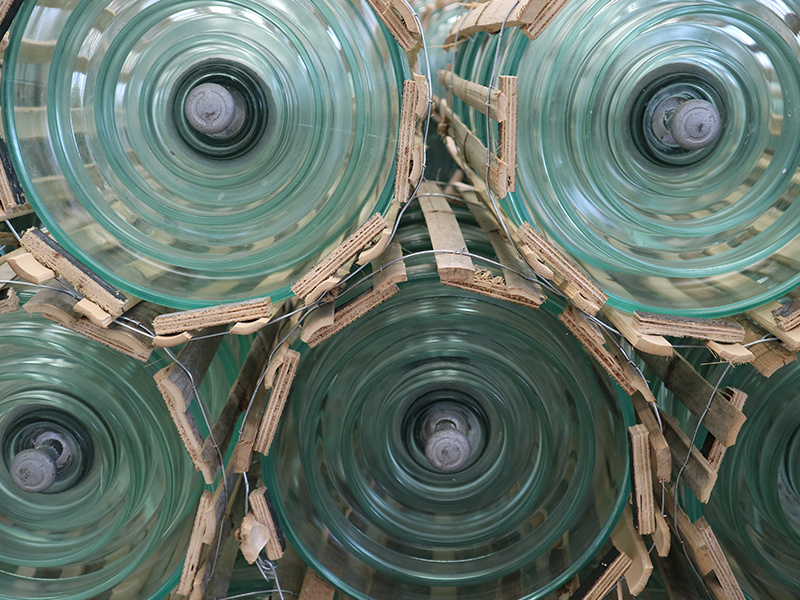
Core characteristics of composite insulators
23
2025/07
Composition and Structure of Composite Insulators
23
2025/07
Glass Insulators: Transparent Guardians of High Voltage Transmission Lines
23
2025/07
Technical characteristics and performance advantages of glass insulators
23
2025/07
Application scenarios of needle insulators
08
2025/07
Performance characteristics of glass insulators
08
2025/07
Glass insulator is an important insulator
08
2025/07


